Keeping your smartphone charger plugged in all night will not send you to the poor house
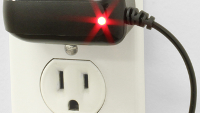
Most of us charge our smartphones overnight while dreams of super spec'd flagship phones dance in our heads. But it usually takes just 2 hours to fully power up the battery on our phones. So what are the costs financially if we leave our phones plugged past those two hours while we sleep? And what is the cost of leaving the charger plugged into the wall even if the phone isn't attached to it? Read on to find out!
According to Cambridge professor David MacKay, if you unplug your charger from the wall when not in use, over a year you will save the same amount of energy it takes to run a hot bath. In other words, you are not consuming much electricity by leaving the charger in the wall. As Professor MacKay puts it, "Obsessively switching off the phone charger is like bailing the Titanic with a teaspoon. Do switch it off, but please be aware how tiny a gesture it is." If you have your phone connected to the charger, the amount of energy used rises by a factor of ten, but still remains relatively low nonetheless.
A study that dates back to 2012 done by the Lawrence Berkeley National Laboratory revealed that a charger plugged into the wall used an average of .26 watt. When a phone was connected to the charger, the average amount of electricity used rose to 3.68 watt. Once the phone is fully charged, that figure dropped down to 2.24 watt. For the average household, the study showed an average cost of $5.30 to charge a smartphone on an annual basis.
It is no good for your phone's battery to keep your handset charged for long periods of time after it hits 100% charged. This behavior can lead your phone to require a new battery earlier than it would normally need one. Lithium ion batteries, like the ones used by most smartphones, should not be kept at 100% for long periods of time. Experts say that for optimal battery life, you should run your battery for a short period of time, and then plug it in for a short time. It is like having your battery take several short walks instead of running one long sprint. The latter is more taxing for your body.
source: TechRadar
It is no good for your phone's battery to keep your handset charged for long periods of time after it hits 100% charged. This behavior can lead your phone to require a new battery earlier than it would normally need one. Lithium ion batteries, like the ones used by most smartphones, should not be kept at 100% for long periods of time. Experts say that for optimal battery life, you should run your battery for a short period of time, and then plug it in for a short time. It is like having your battery take several short walks instead of running one long sprint. The latter is more taxing for your body.
Follow us on Google News


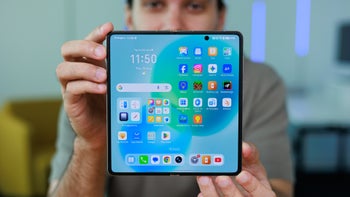

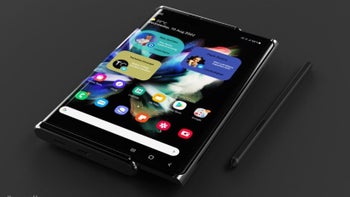
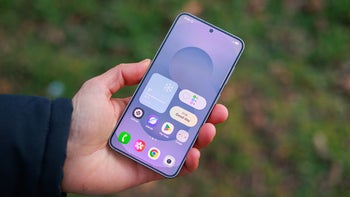
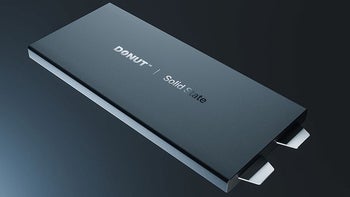


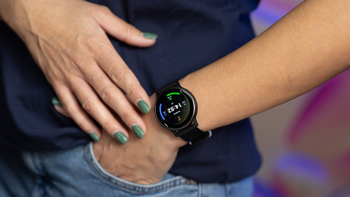
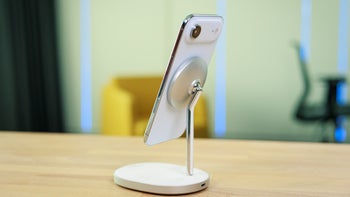


Things that are NOT allowed:
To help keep our community safe and free from spam, we apply temporary limits to newly created accounts: